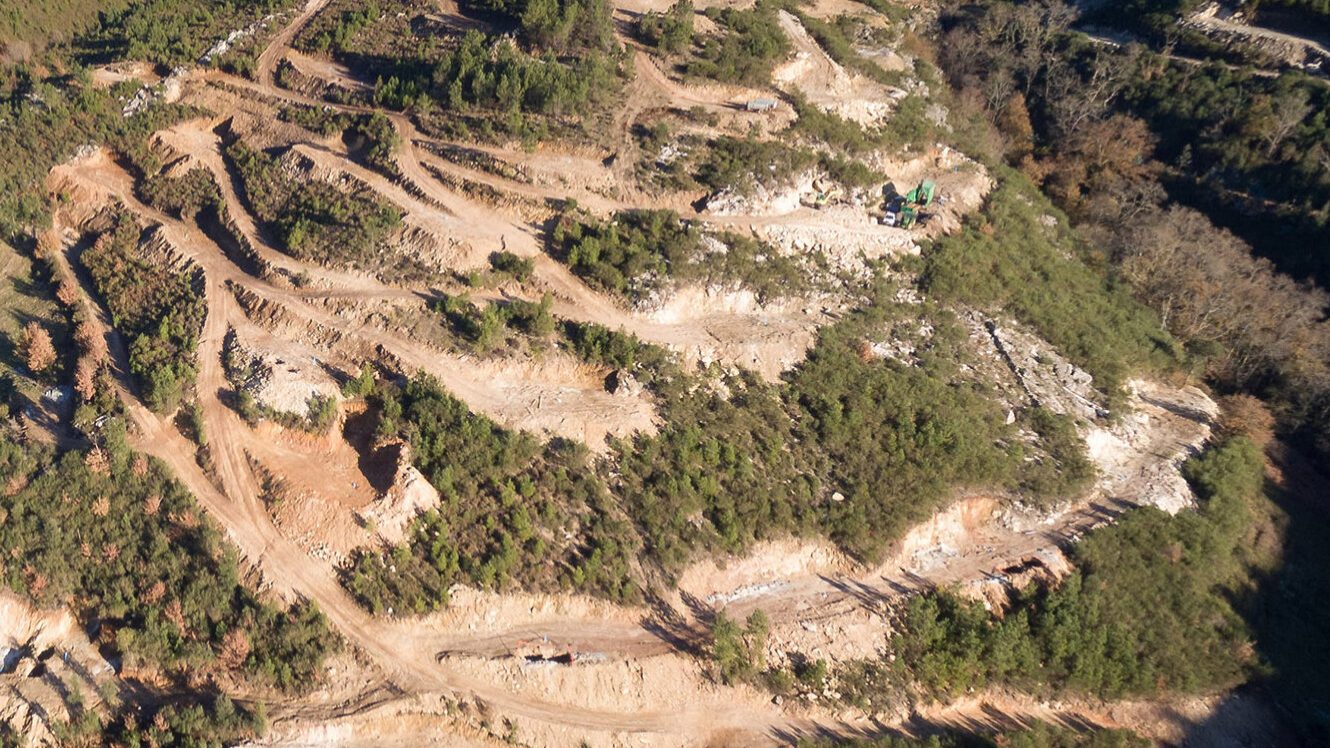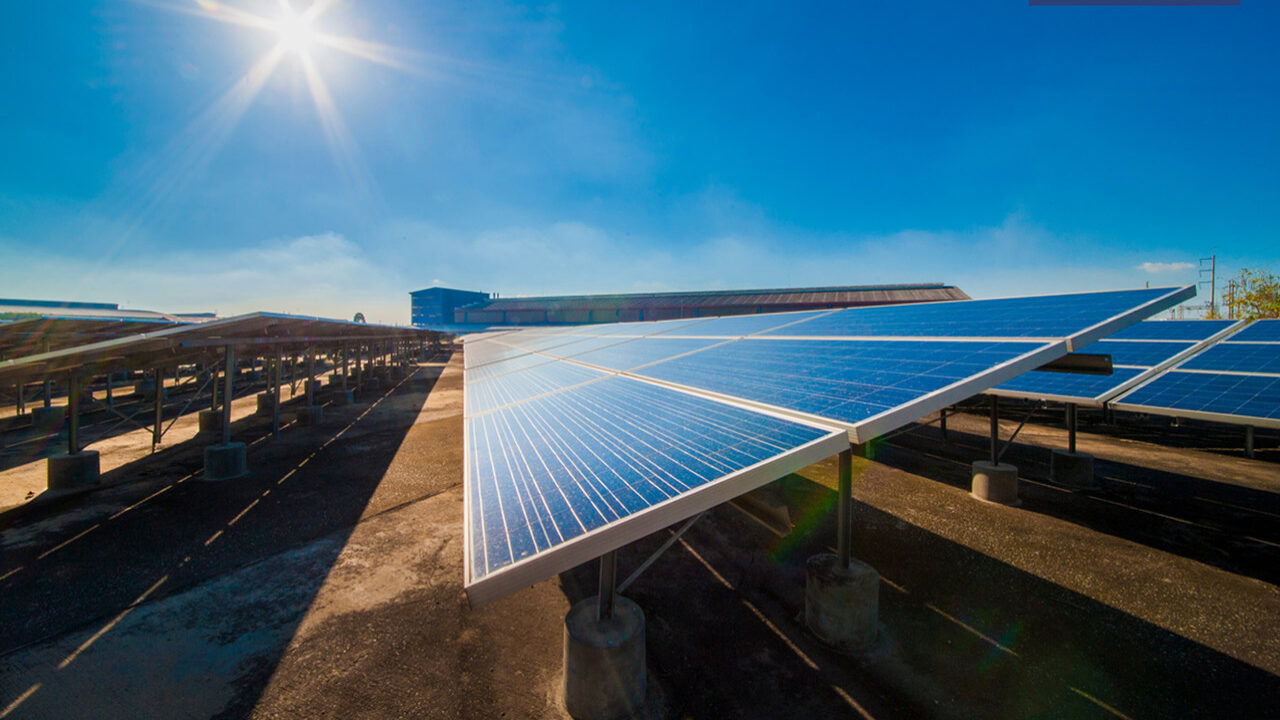28% of land allocated for lithium prospecting is in protected areas
Quercus warns that 28% of the areas allocated for lithium exploration are inside nationally protected areas.
The environmental association Quercus on Wednesday warned that 28% of the areas allocated for lithium exploration are inside nationally protected areas and said it is a “shame” that the government is insisting on the lithium exploration plan.
“It’s a shame the Government continues to insist on the lithium exploration plan. And here in the region [district of Castelo Branco], we will fight to the last consequences, with residents”, Samuel Infante told Lusa news agency.
The Directorate-General for Energy and Geology (DGEG) today placed on public consultation the preliminary environmental assessment report of the Lithium Prospecting and Exploration Programme for the eight potential areas to launch a tender procedure, and the consultation period is available until 10 November.
The preliminary environmental assessment report for the Lithium Prospecting and Exploration Programme identified “some risks” in the eight potential areas in the North and Centre of the country, while recognising that it is an opportunity for the “decarbonisation of the economy”.
The Quercus environmentalist stresses that this insistence by the government “makes no sense” and points out that “around 28% of the areas allocated for prospection are in protected areas”.
“We are talking about areas that the Portuguese State has undertaken to protect and safeguard and which have unique conservation values and development models”, it maintains.
In the Castelo Branco district, Samuel Infante refers that the programme involves Serra da Estrela Natural Park, Serra da Gardunha, the Natural Park of International Tagus (PNTI) and the Geopark Naturtejo Geopark of the Meridional Meseta (UNESCO World Geopark).
“We are talking about areas with high conservation value. The environmental assessment itself identifies these areas and has identified more than 116 species with conservation interest, in other words, species that are in danger of extinction and that exist in these areas”, he added.
The environmentalist reinforces the idea that “it makes no sense” to insist on this type of “heavy, destructive and contaminating industry, when Portugal is not a significant player” in this area.
“All activities have positive and negative impacts. But in this case, clearly, the negatives outweigh the possible economic benefits”, he concludes.


